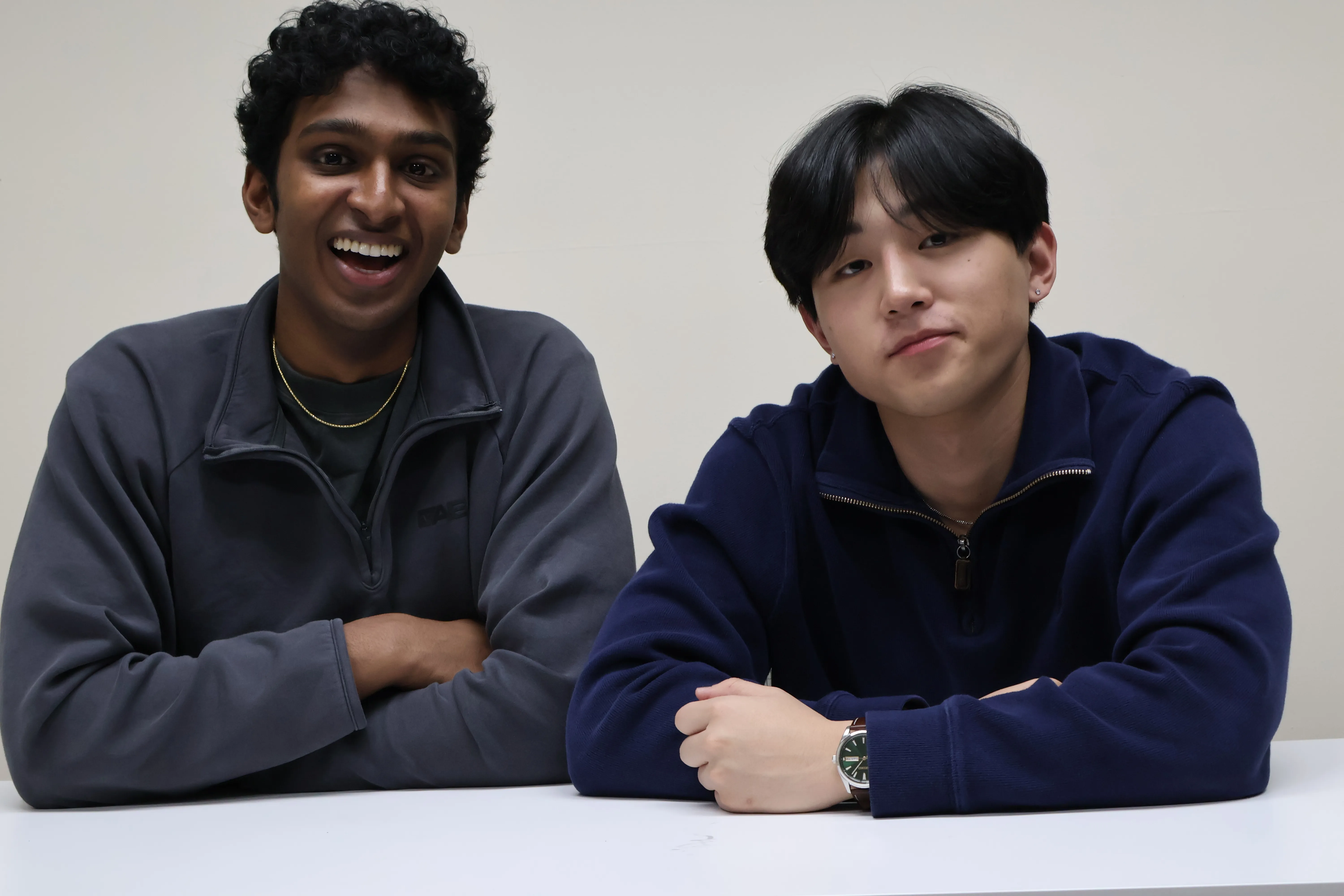Why Cluely’s Roy Lee Isn’t Worried About AI Cheating Detectors
As AI-generated content becomes harder to trace, Cluely CEO Roy Lee says he's unfazed by the growing obsession with cheating detectors—arguing that education and innovation will render detection arms races obsolete.
In an age where artificial intelligence tools are rewriting how people create, learn, and work, questions around academic and professional integrity have become increasingly urgent. But Roy Lee, the outspoken CEO and co-founder of AI learning startup Cluely , says he’s not losing sleep over AI cheating detectors. Lee's calm stance runs counter to a growing frenzy among educators, publishers, and corporations racing to implement AI-detection technologies designed to spot when work has been generated by tools like ChatGPT, Claude, or Gemini.
From turnitin-style detectors to proprietary forensic systems, the anti-AI movement is booming. But Lee believes it’s a temporary phase—destined to collapse under its own weight. “We’re Trying to Detect Calculators in a Smartphone Era” At a recent EdTech conference in San Francisco, Lee made headlines with a provocative remark: > “We’re trying to detect calculators in a smartphone era.
It’s a battle we’ve already lost—because we’re asking the wrong question. ”He argues that the detection obsession stems from a misunderstanding of how AI is fundamentally transforming the value of education and work. Instead of trying to filter out AI usage, Lee believes the better path is to redefine assessments, expectations, and creativity in a world where generative tools are ubiquitous.
The Limits of Detection Tools designed to identify AI-generated content are increasingly under fire for false positives, inconsistent results, and ethical dilemmas. Multiple studies have shown that AI detectors often wrongly flag content from non-native English speakers or creative writing, casting doubt on their reliability. Lee believes this leads to a punitive environment where students and employees are afraid to use the very tools they’ll need in the real world.
“Would you punish a graphic designer for using Photoshop? Then why punish a student for using AI to brainstorm an essay?” Lee asks. Cluely’s Philosophy: Embrace and Evolve Cluely, founded in 2023, positions itself as a platform that combines adaptive AI tutoring with skills-based learning paths. Unlike platforms that focus on passive content delivery, Cluely uses AI to simulate live coaching, personalized feedback, and collaborative problem-solving.
Lee says their model assumes that AI is part of the process , not something to be hidden or fought against. The platform encourages students to co-create with AI, cite it when used, and focus on explaining decisions rather than simply producing outcomes. “We’re not here to test if you can memorize facts.
We want to see if you can work with AI like a partner. That’s the real 21st-century skill. ” A Divide in the EdTech World Lee’s views are controversial, especially among traditional educators and institutional leaders.
Critics argue that without some form of detection, academic standards and credential integrity will collapse. But others, including progressive educators and digital learning pioneers, see value in the Cluely approach. They say detection tools are reactive , while reformative pedagogy is proactive.
“Trying to stop AI in the classroom is like trying to stop Wikipedia in 2005. It’s futile,” said Dr. Nina Park, an AI curriculum expert at Stanford.
“Cluely may be ahead of the curve in building what’s next, not protecting what’s past. ” Looking Ahead: Redefining Integrity in the AI Age Lee doesn’t deny the importance of integrity. But he says the future lies in transparency, process-based evaluation, and creative synthesis , not blanket bans or surveillance tools.
He envisions a world where students submit process logs alongside final outputs, where AI usage is graded as part of the skillset, and where ‘cheating’ becomes less relevant because the metric for success evolves. “When everything can be generated, what matters is what you choose to create, how you refine it, and whether you can explain why it works,” Lee says. Conclusion: A Calm Voice in the AI Storm As the education world wrestles with AI’s impact, Roy Lee’s perspective offers a radical, yet measured alternative to the arms race around cheating detection.
In his view, the future doesn’t belong to those who police AI use—it belongs to those who teach how to wield it wisely. And for Cluely, that’s not just a product pitch—it’s a philosophy.
8th July 2025



